I. Understanding Your Skin
A. Skin Types and Their Needs
1. Identifying Different Skin Types
Your skin is unique and identifying its type can help you choose the right products and routines. The main types are:
- Normal: Balanced with few imperfections.
- Oily: Shiny with enlarged pores and a tendency to acne.
- Dry: Flaky, rough, or tight; may feel itchy.
- Combination: A mix of oily and dry areas.
- Sensitive: Prone to redness, itching, or burning.
2. Common Skin Concerns for Each Type
Each skin type has its own set of concerns, such as:
- Oily Skin: Acne, enlarged pores, and shine.
- Dry Skin: Flakiness, dullness, and fine lines.
- Combination Skin: Oily areas with dry patches.
- Sensitive Skin: Redness and irritation.
3. Importance of Tailored Skincare Routines
Tailoring your skincare routine to your skin type ensures products work effectively. Using the right formulations for your skin type can prevent problems and enhance your glow.
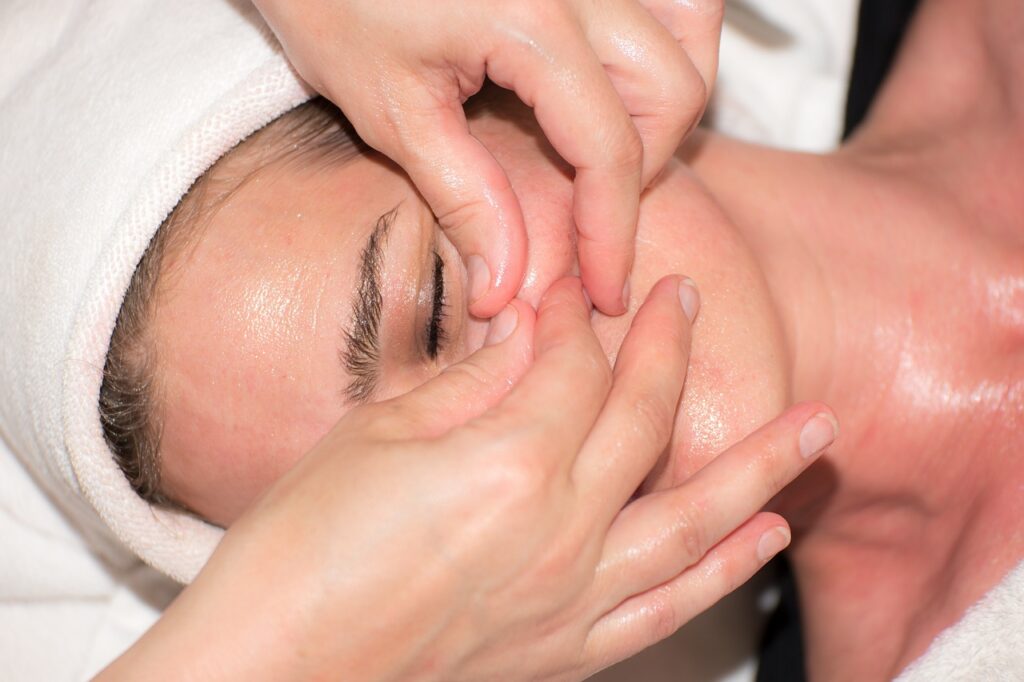
B. The Importance of Hydration
1. How Hydration Affects Skin Appearance
Staying hydrated helps maintain skin elasticity and plumpness, reducing the appearance of fine lines and allowing your natural glow to shine through.
2. Signs of Dehydrated Skin
Look for:
- Dry patches
- Tightness or rough texture
- Dull appearance
- More pronounced fine lines
3. Daily Water Intake Recommendations
Aim for about eight glasses of water daily, but adjust based on your activity level and climate. Remember, eating water-rich foods like cucumbers and watermelon also contributes to your hydration.
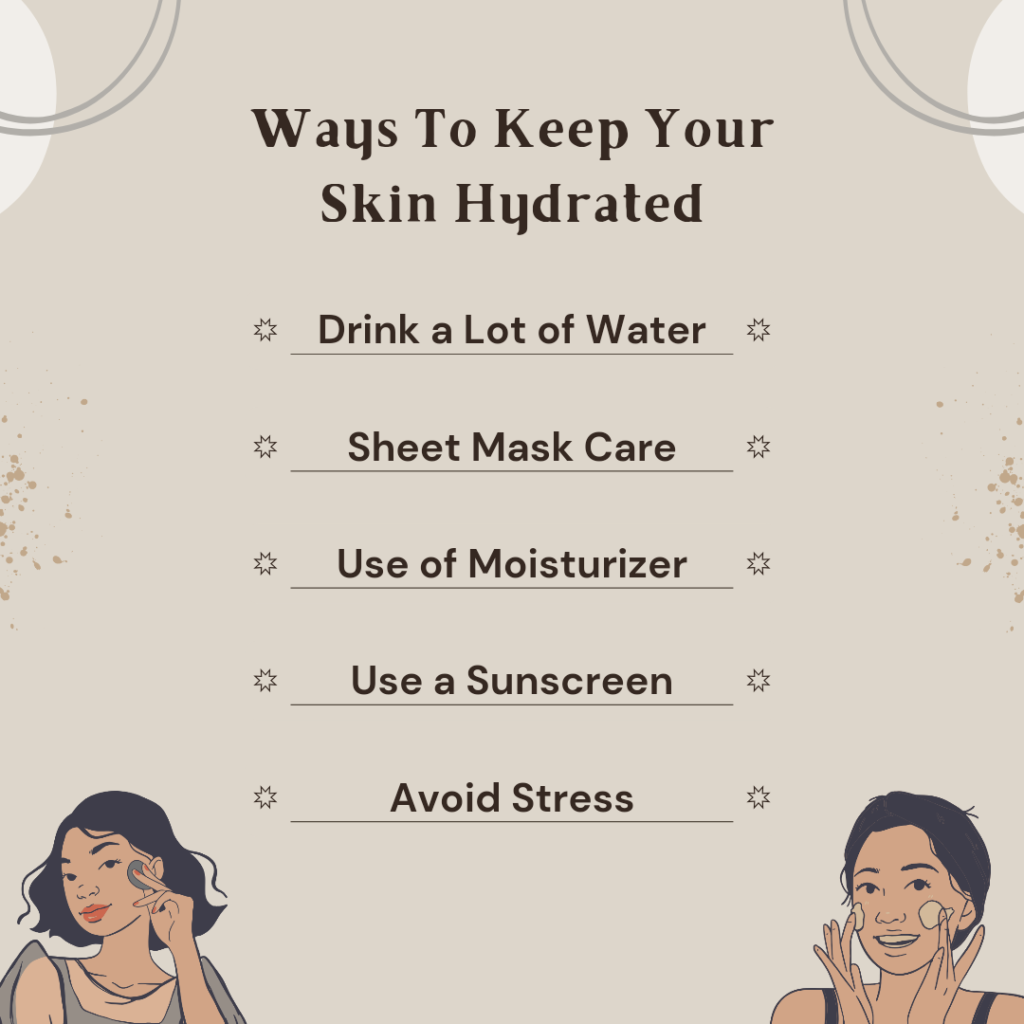
C. Eat Your Way to Radiant Skin
1. Nutrients Essential for Skin Glow
Key nutrients include:
- Vitamins C & E: Antioxidants that protect your skin.
- Omega-3 fatty acids: Help to keep skin moisturized.
- Zinc: Supports wound healing.
2. Foods That Promote Healthy Skin
Add these to your diet:
- Fatty fish (like salmon)
- Nuts and seeds
- Avocado
- Berries
- Leafy greens
3. Foods to Avoid for Better Complexion
To keep your skin on its best behavior, limit:
- Processed sugars
- Dairy
- Excessive caffeine
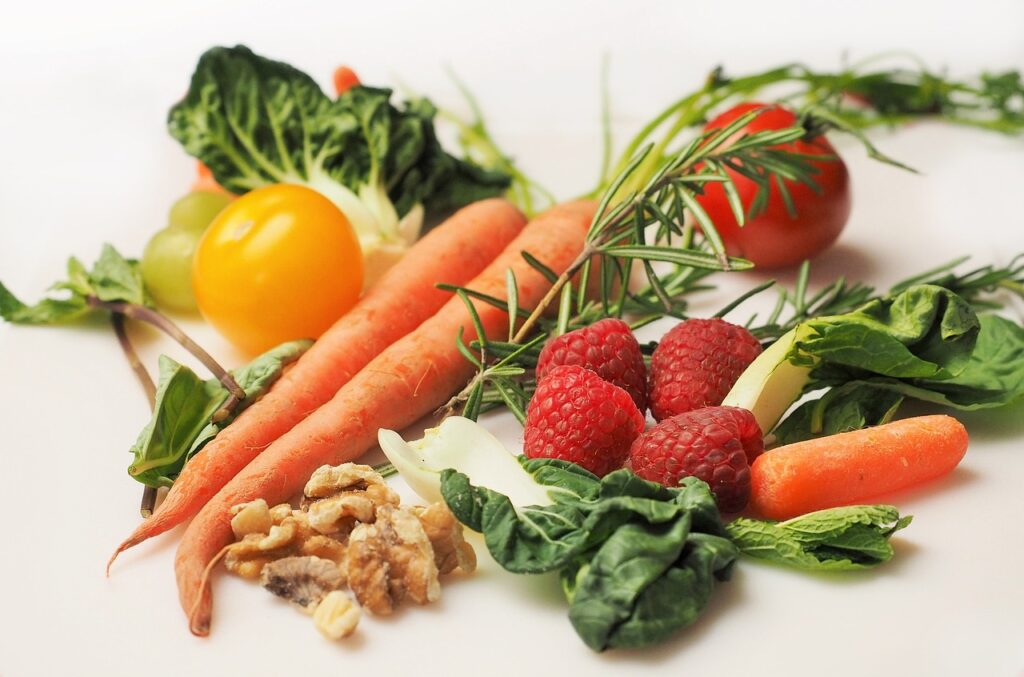
II. Cleansing Practices for Healthy Skin
A. Importance of Gentle Cleansing
1. Harmful Effects of Harsh Cleansers
Using harsh cleansers can strip your skin of natural oils, leading to irritation and imbalance.
2. Choosing the Right Cleanser for Your Skin Type
Opt for:
- Gel cleansers for oily skin.
- Cream or oil-based cleansers for dry skin.
- Gentle foaming cleansers for sensitive skin.
3. Steps for Effective Cleansing
- Start with dry hands and a dry face.
- Apply your cleanser and gently massage it in.
- Rinse with lukewarm water and pat dry with a clean towel.
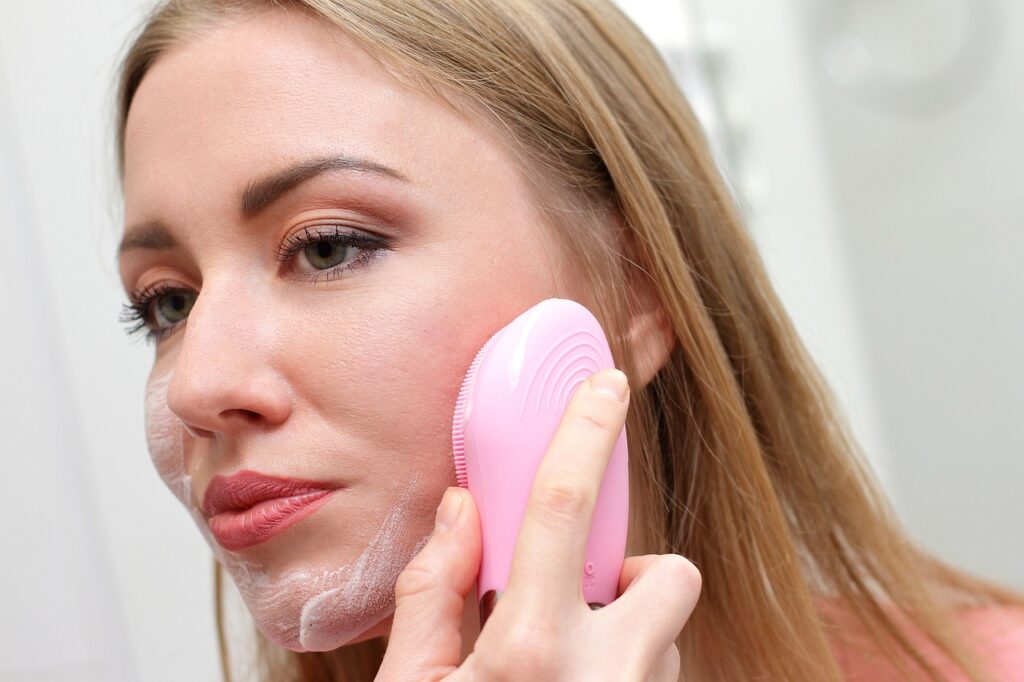
B. Natural Cleansing Alternatives
1. Benefits of Oil Cleansing
Oil cleansing can dissolve makeup and impurities while moisturizing the skin, making it ideal for all skin types, especially dry and sensitive.
2. Herbal and Plant-Based Cleansers
Look for products containing:
- Chamomile for soothing effects.
- Aloe vera for hydration.
- Tea tree oil for its antibacterial properties.
3. DIY Natural Cleanser Recipes
Combine ingredients like honey, olive oil, or yogurt for an easy homemade cleanser.
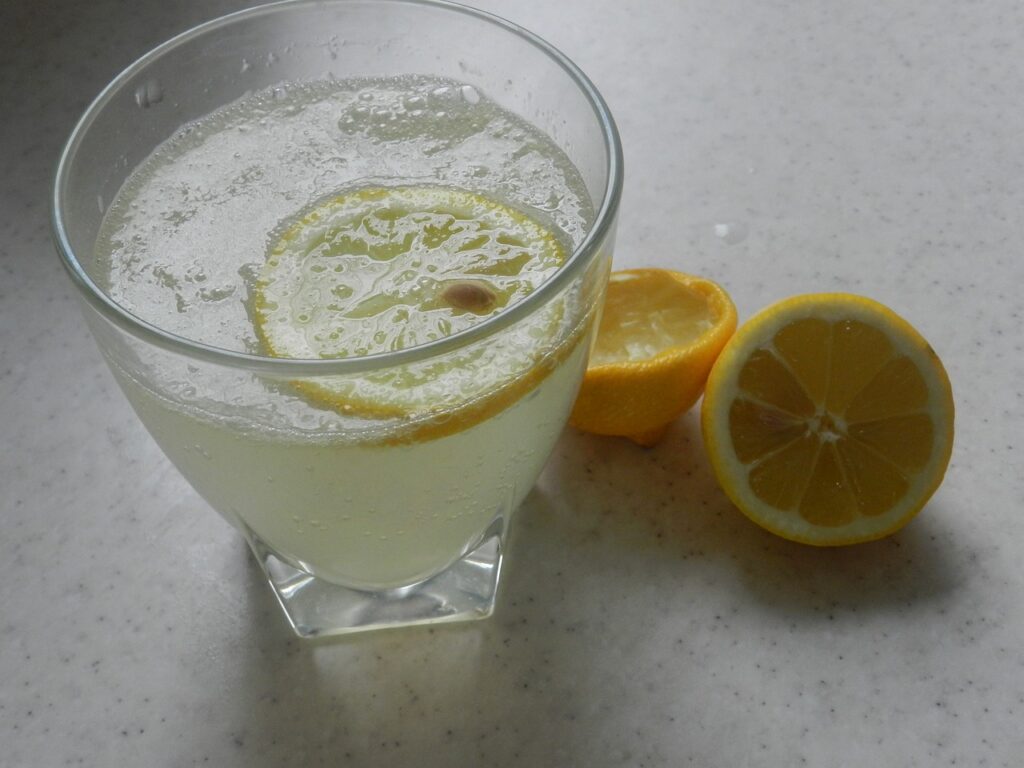
C. Exfoliation Techniques
1. The Science of Exfoliation
Exfoliation removes dead skin cells, promoting new cell growth and a brighter appearance.
2. Types of Exfoliators: Physical vs. Chemical
- Physical Exfoliators: Scrubs or brushes.
- Chemical Exfoliators: Contain acids like AHAs or BHAs.
3. How Often to Exfoliate for Best Results
For most skin types, exfoliating 1-3 times a week is ideal; however, sensitive skin may require less frequent exfoliation.
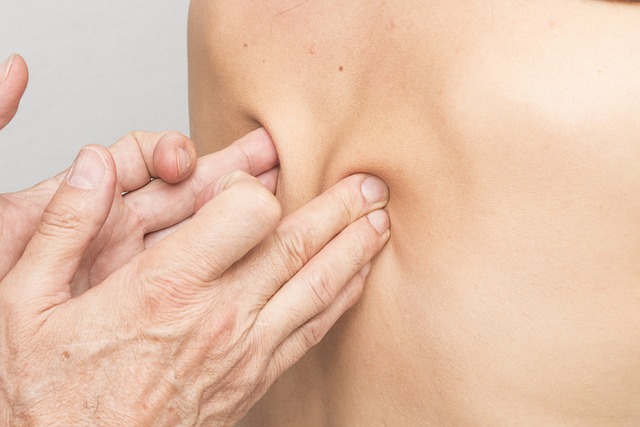
III. Nourishing the Skin
A. The Importance of Moisturizing
1. How Moisturizer Enhance Skin Glow
Moisturizer help to lock in hydration, providing a smooth and radiant surface.
2. Different Types of Moisturizer
- Creams: Thicker for dry skin.
- Lotions: Lightweight for normal or oily skin.
- Gels: Best for oily skin with a refreshing feel.
3. Tips for Proper Application
Apply moisturizer onto damp skin to lock in moisture better. Always use upward strokes for a gentle lifting effect.
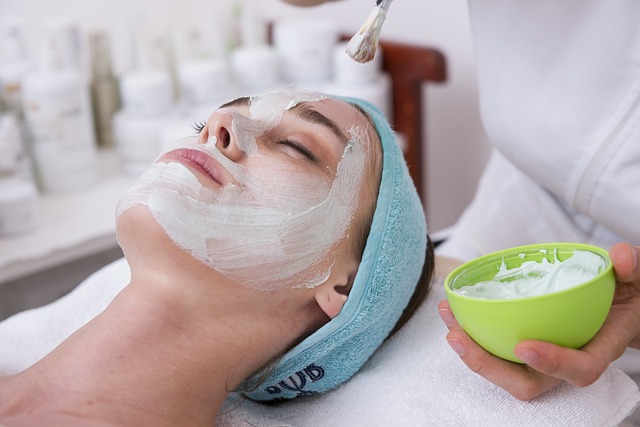
B. Natural Oils for Skin Nourishment
1. Benefits of Common Natural Oils
Oils like coconut, jojoba, and argan oil provide essential fatty acids and vitamins that nourish the skin.
2. How to Choose the Right Oil for Your Skin
- Coconut oil: Excellent for dry skin but may clog pores for some.
- Jojoba oil: Mimics skin’s natural oils, great for most skin types.
3. Incorporating Oils into Your Routine
Use oils after cleansing and before moisturizing, or mix a few drops into your moisturizer for added nourishment.
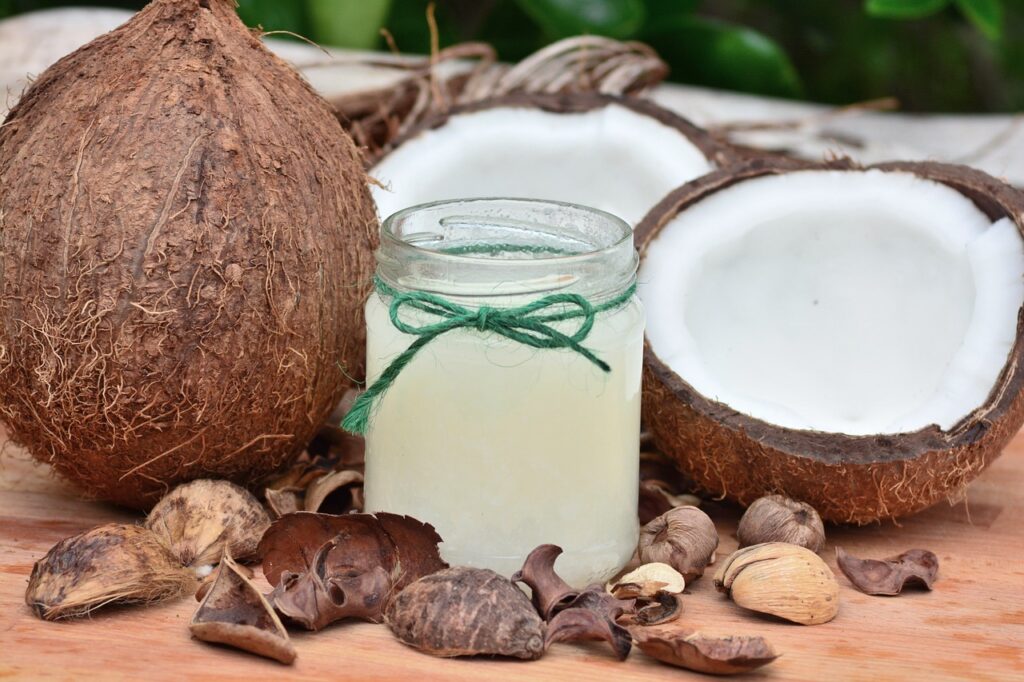
C. Using Masks for Deep Nourishment
1. Different Types of Facial Masks
Choose from:
- Clay masks to absorb excess oil.
- Sheet masks for quick hydration boosts.
- Cream masks for intense nourishment.
2. DIY Mask Recipes for Glowing Skin
Try mixing avocado and honey for a hydrating mask or oatmeal and yogurt for soothing properties.
3. How Often to Use Masks for Optimal Results
1-2 times a week can be effective without overwhelming your skin.
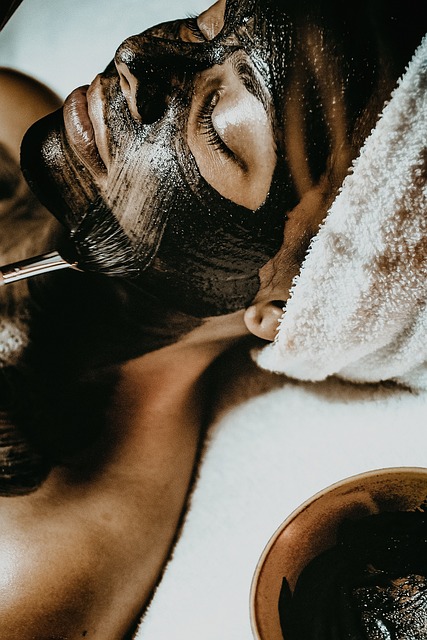
IV. Lifestyle Changes for Radiant Skin
A. Importance of Sleep for Skin Health
1. How Sleep Affects Skin Repair
Quality sleep allows your skin to regenerate and repair cellular damage, reducing dark circles and promoting a healthy glow.
2. Tips for Improving Sleep Quality
- Establish a bedtime routine.
- Keep electronics out of the bedroom.
- Create a comfortable sleeping environment.
3. The Role of Sleep Patterns in Skin Appearance
Aim for 7-9 hours of quality sleep per night to keep your skin looking fresh.

B. Exercise and Its Benefits for the Skin
1. How Exercise Promotes Healthy Skin
Exercise enhances blood flow, delivering oxygen and nutrients to the skin while helping to eliminate toxins.
2. Recommended Types of Exercises for Skin Glow
- Cardio: Running, cycling.
- Yoga: Reduces stress and promotes relaxation.
- Strength training: Tones and strengthens muscles.
3. Tips for Consistent Exercise Habits
Find activities you enjoy, set realistic goals, and schedule workouts like you would other important tasks.

C. Stress Management Techniques
1. Connection Between Stress and Skin Issues
Stress can trigger skin problems like acne or eczema, making it essential to manage stress levels effectively.
2. Practical Stress-Relief Strategies
- Deep breathing exercises
- Meditation or mindfulness practices
- Regular physical activity
3. Mindfulness and Its Effects on Skin Health
Practicing mindfulness helps reduce stress and improve overall well-being, leading to better skin health.

V. Protecting Your Skin Naturally
A. The Importance of Sun Protection
1. How UV Rays Affect Your Skin
UV rays can cause premature aging and skin damage, leading to wrinkles and pigmentation issues.
2. Natural Sunscreen Options
Look for products with physical barriers like zinc oxide or titanium dioxide for natural sun protection.
3. Daily Sun Protection Habits
Wear sunscreen every day, even when it’s cloudy, and reapply every two hours when outdoors.

B. Avoiding Environmental Stressors
1. Common Environmental Factors That Damage Skin
Pollution, smoke, and harsh weather can all negatively affect your skin.
2. Tips for Protecting Skin in Different Environments
- Use protective clothing.
- Opt for skincare with antioxidants.
- Clean your face after exposure to pollutants.
3. Importance of Regular Skin Care Maintenance
Maintaining a consistent routine helps protect and rejuvenate your skin over time.

C. Facial Massage Techniques
1. Benefits of Facial Massage for Skin Appearance
Facial massage promotes blood circulation, helping to reduce puffiness and improve skin tone.
2. Simple Techniques to Try at Home
- Use your fingertips for gentle circular motions across your cheeks and forehead.
- Try pinching movements on both sides of your face for stimulation.
3. Using Massage Tools for Enhanced Effect
Consider using a jade roller or gusher stone for added benefits and relaxation.

Conclusion
Summary of Key Points
- Understanding your skin type is essential for customized care.
- Hydration, nutrition, and effective cleansing routines make a difference.
- Lifestyle factors like sleep and stress management also play a significant role.
Final Thoughts on Achieving a Glowing Complexion
Achieving radiant skin doesn’t have to be complicated. By following these natural beauty tips, you can embrace your skin’s natural glow and feel confident in your own skin!
FAQs
- What are some quick natural tips for a glowing complexion?
Stay hydrated, eat nutrient-rich foods, and get enough sleep! - Can diet really affect my skin?
Yes! Foods rich in vitamins and healthy fats promote healthier skin. - How often should I exfoliate for best results?
Typically, 1-3 times a week is effective, depending on your skin sensitivity. - Are there any specific oils best for oily skin?
Jojoba oil is great for oily skin as it mimics natural sebum and controls oil levels. - What is the best natural way to protect my skin from the sun?
Use a natural sunscreen containing zinc oxide and limit sun exposure during peak hours.
By following these simple secrets, you can embrace your natural beauty and work towards that radiant complexion you desire!
